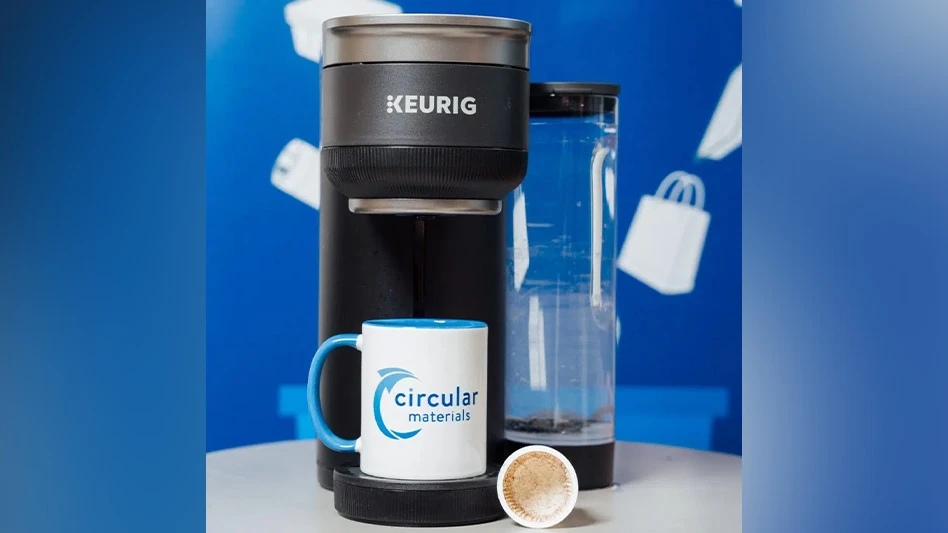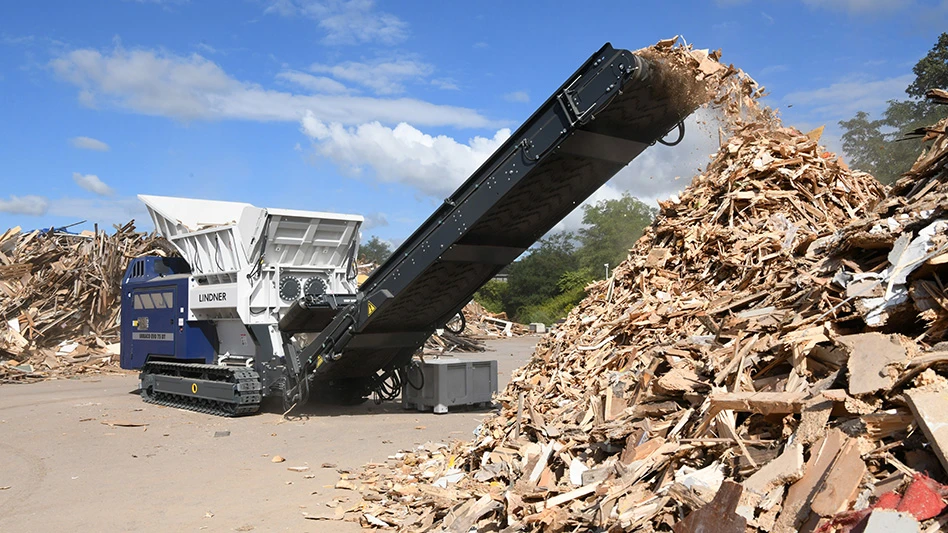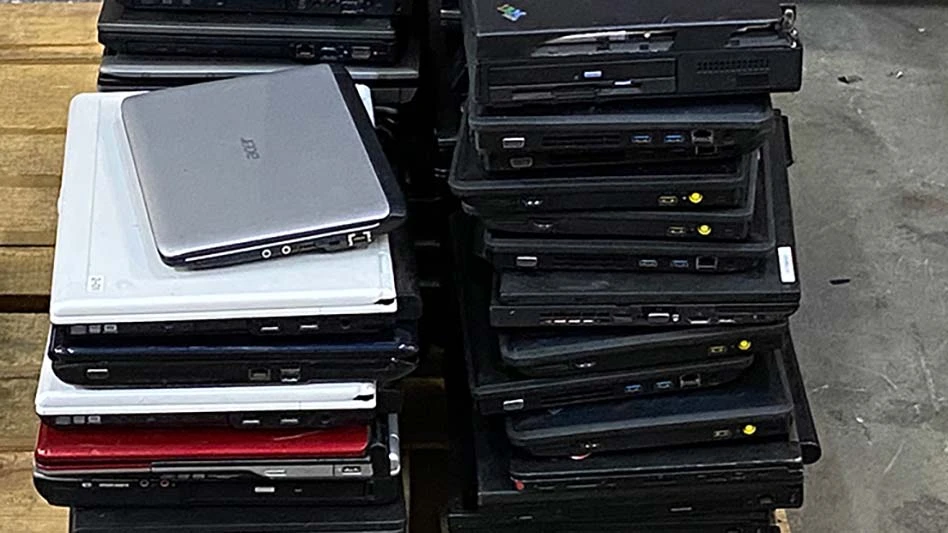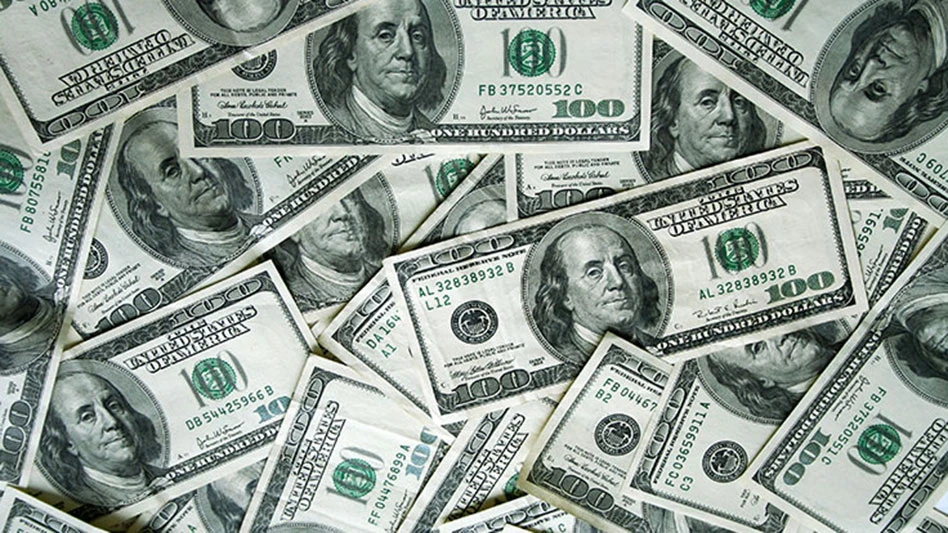 Four European organizations, Vinyl 2010, the European Plastics Converters (EuPC), the European Plastics Recyclers (EuPR), and PlasticsEurope have launched the Safety Datasheets for Recyclates project.
Four European organizations, Vinyl 2010, the European Plastics Converters (EuPC), the European Plastics Recyclers (EuPR), and PlasticsEurope have launched the Safety Datasheets for Recyclates project.
The background is the European chemical legislation REACH that requires an information exchange between producers and users of plastic materials. Due to their particular position in the supply chain, plastics recyclers may have difficulties to assemble the necessary waste composition information and may thus not be able to provide to their customers the information required to fulfill their REACH obligations.
The aim of the project is to create tailor-made Safety Data Sheets (SDS) for recycled plastics. They will be downloadable from an interactive website accessible to the recyclers.
The SDS will be based on the historical data for polymers and toxicological data for polymer additives. Recyclers will be prompted to input specific data related to the recycled articles in order to improve the accuracy and the quality of the SDS.
The four organizations are co-funding this project with a significant budget and have numerous experts working on it in order to remove an important barrier for plastics recyclers’ REACH compliance.
In related news, Vinyl 2010 presented its ninth Progress Report during its annual General Assembly. In the final year of the Voluntary Commitment, made by the PVC industry back in 2000, the report highlights the progress made in 2009 towards achieving its targets.
Despite the difficult global economic situation which has heavily affected this sector, 190,324 metric tons of post consumer PVC plastics were recycled last year, keeping the industry on track to meet its commitment to recycle 200,000 metric tons of post-consumer PVC recycling a year by 2000. A total of 688,674 metric tons have been recycled since the beginning of the program.
“The recycling achievements in 2009 were particularly impressive, especially when the decline in the virgin PVC market during the recession is taken into account. The Vinyl 2010 program has given our industry the opportunity to take greater control of our destiny while providing an excellent platform to promote sustainable development,” says Ashley Reed, Vinyl 2010’s chairman.
In addition to the recycling achievement, Vinyl 2010 reports that by 2010 PVC resin manufacturers from new EU Member States will join their peers from the original EU 15 member states in being audited against the Vinyl 2010 charter for PVC production and that progressive substitution of lead-based stabilizers continues at a fast pace, well ahead of the Commitment target, having been reduced in the EU-15 by more than 68 percent since 2000.
“We have achieved a very strong and credible position for the PVC sector. Today there is broad recognition of the program both inside and outside the industry. This voluntary commitment has had a very positive environmental and economic impact and, equally important, a very positive impact on the general image of PVC,” adds Jean-Pierre De Greve, Vinyl 2010’s general manager.
The Vinyl 2010 Progress Report also describes the investment in R&D for better alternative additives for PVC with lower environmental impact and the deployment of innovative recycling technologies. “Innovation and green growth are at the heart of the EU’s blueprint for competitiveness with a particular emphasis on the attainment of a low carbon economy. The favorable eco-profile of PVC coupled with significant energy savings achieved by using PVC products should allow our industry to assist with the achievement of these European objectives,” Reed adds.
The new Vinyl 2010 Progress Report is available for download by clicking on the following link – Vinyl 2010 Report
Latest from Recycling Today
- Essity to begin production at UK paper recycling facility
- Georgia-Pacific develops retiree staffing program
- Nova commercializes new rPE grades for packaging
- Indorama Ventures, AMB Spa introduce recyclable PET multilayer tray
- Circ announces new Fiber Club partners
- Fleetio report finds 53.3 percent of fleets researching, piloting AI
- Resources by EWS, Entro Industries launch HSS L65T Landfill Tipper
- NWRA announces 2026 award winners





